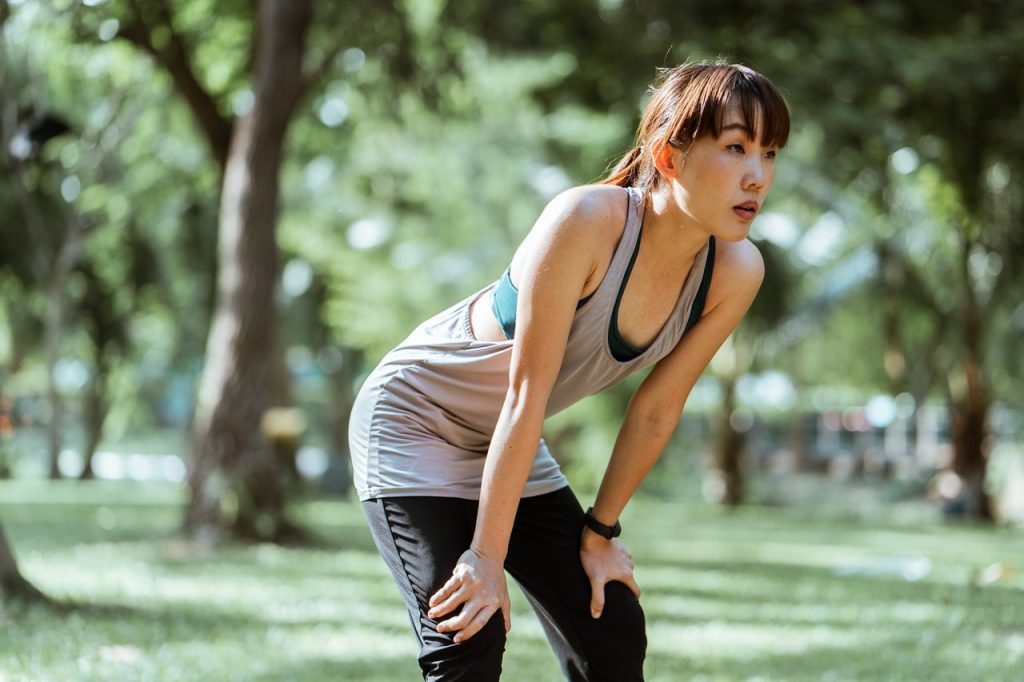
Exercise at the right time of the day may increase fat metabolism, at least according to the results of a mouse study. Published in the journal PNAS, research shows that mice that did exercise in an early active phase, which corresponds to morning exercise in humans, increased their metabolism more than mice that did exercise at a time usually spent resting.
Physical activity at different times of the day can affect the body in different ways since the biological processes depend on the circadian rhythms of the cells. To ascertain the effect of exercise timing on the burning of fat, researchers at Karolinska Institutet and the University of Copenhagen studied the adipose tissue of mice after a session of high-intensity exercise performed at two points of the daily cycle, an early active phase and early rest phase (corresponding to a late morning and late evening session, respectively, in humans). The researchers studied various markers for fat metabolism and analysed which genes were active in adipose tissue after exercise.
Independent of food intake
The researchers found that physical activity at an early active phase increased the expression of genes involved in the breakdown of adipose tissue, heat production and mitochondria in the adipose tissue, indicating a higher metabolic rate. These effects were observed only in mice that exercised in the early active phase and were independent of food intake.
“Our results suggest that late morning exercise could be more effective than late evening exercise in terms of boosting the metabolism and the burning of fat, and if this is the case, they could prove of value to people who are overweight,” says Professor Juleen R. Zierath at Karolinska Institutet.
Improving the health benefits of exercise
Mice and humans share many basic physiological functions, and mice are a well-established model for human physiology and metabolism. However, there are also important differences, such as the fact that mice are nocturnal.
“The right timing seems to be important to the body’s energy balance and to improving the health benefits of exercise, but more studies are needed to draw any reliable conclusions about the relevance of our findings to humans,” says Professor Zierath.
Source: Karolinska Institutet

